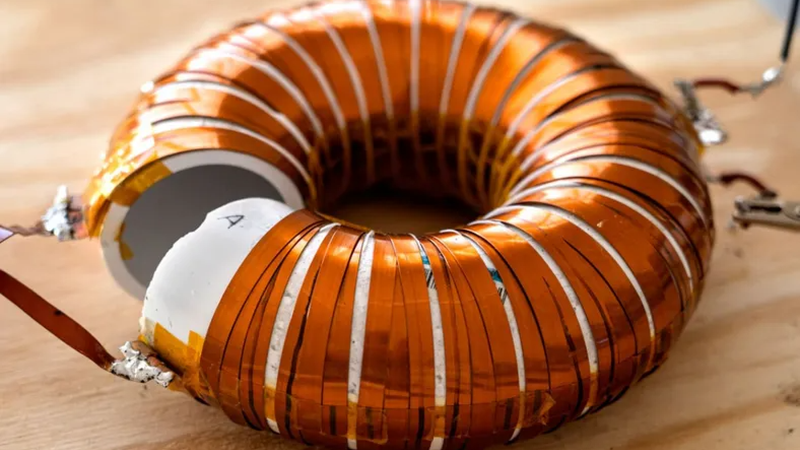Podcast: Lobster Inspired Armor, Wireless EV Charging, Autonomous Solar Farm Setup
In this episode, we talk about MIT’s lobster inspired armor, wireless charging of electric vehicles, and a joint effort between RE2 Robotics and the US Department of Energy Solar Energy Technologies Office to reduce the set up time/cost of solar farms.

The wireless charging project combines two very different communities – high-frequency electronics and high-power electronics – to create a new field and enable new applications. John Munson/Cornell University
In this episode, we talk about MIT’s lobster inspired armor, wireless charging of electric vehicles, and a joint effort between RE2 Robotics and the US Department of Energy Solar Energy Technologies Office to reduce the set up time/cost of solar farms. As always, you can find these and other interesting & impactful engineering articles on Wevolver.com.
EPISODE NOTES
(0:45) Lobster Inspired Armor:
MIT’s mechanical engineering department faculty had a breakthrough caused by lobster dinner: lobster underbelly membrane is the strongest known natural hydrogel. The team wants to use synthetic forms of this membrane to create flexible body armor with many properties that surpass that of kevlars.
(5:50) Wireless EV Charging:
Research from Cornell University displays one of the first promising steps towards wireless charging of electric vehicles using electric fields. The team hopes to deploy this technology underneath roads to give drivers the ability to charge as they drive.
(13:15) Autonomous Solar Farm Setup:
Green energy is becoming increasingly more important with the United States goal to cut greenhouse gas emissions by 50% in 2030 and the key is driving down the cost of these energy harvesting technologies. RE2 robotics hopes to contribute to this goal by creating robots that can set up solar farms autonomously and reduce setup time by 40%.
--
About the podcast:
Every day, some of the most innovative universities, companies, and individual technology developers share their knowledge on Wevolver. To ensure we can also provide this knowledge for the growing group of podcast listeners, we started a collaboration with two young engineers, Daniel Scott Mitchell & Farbod Moghaddam who discuss the most interesting content in this podcast series.
To learn more about this show, please visit the shows page. By following the page, you will get automatic updates by email when a new show is published.
Be sure to give us a follow and review on Apple podcasts, Spotify, and most of your favorite podcast platforms!
